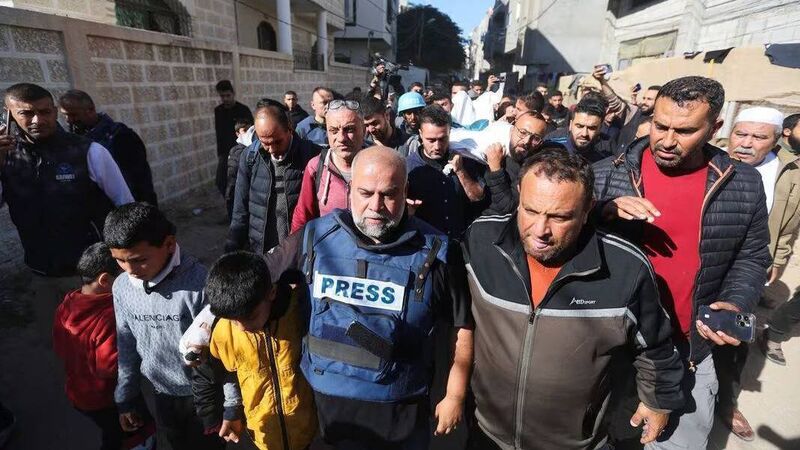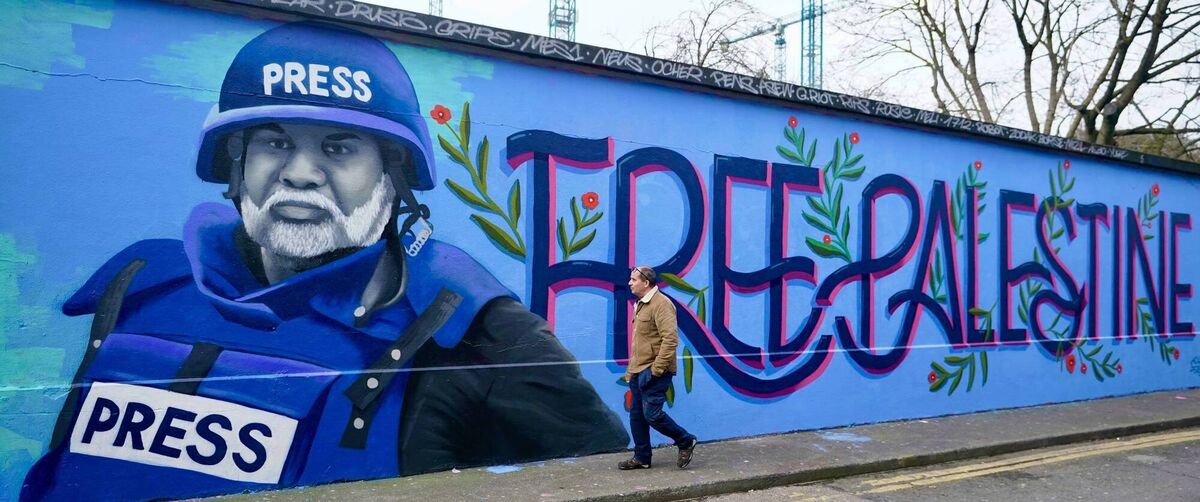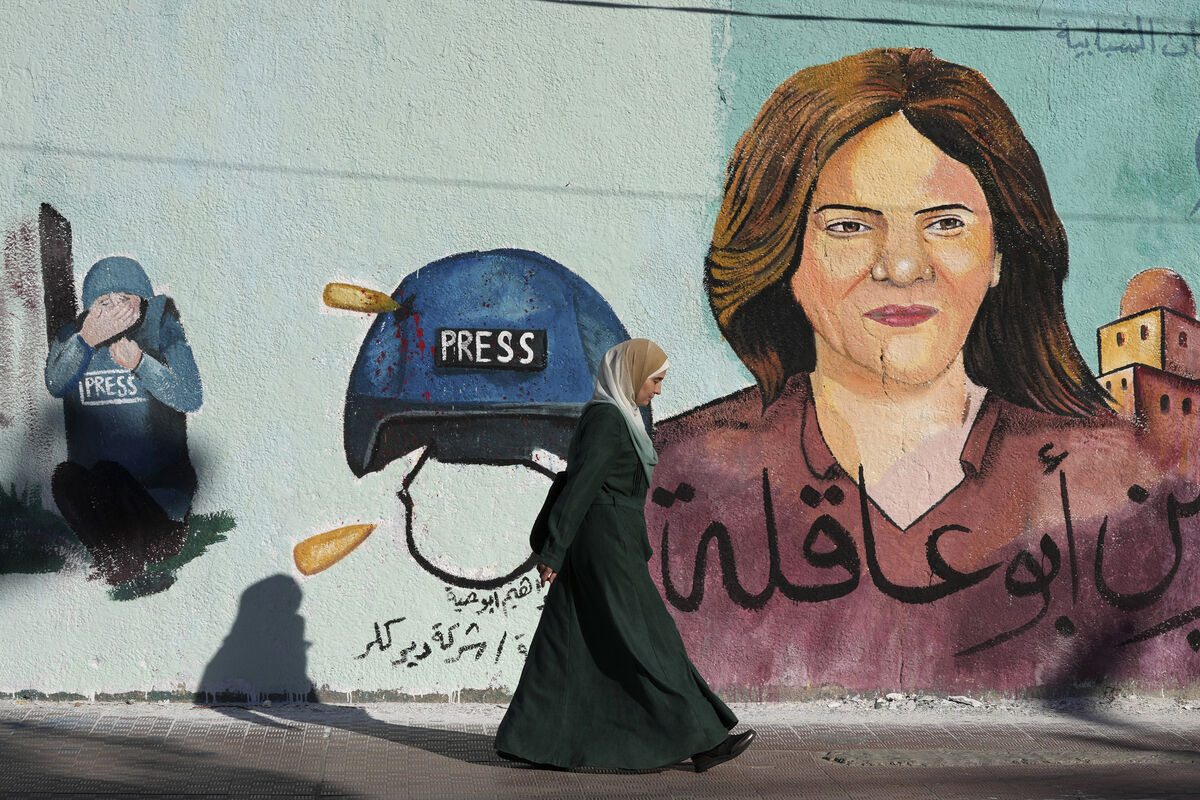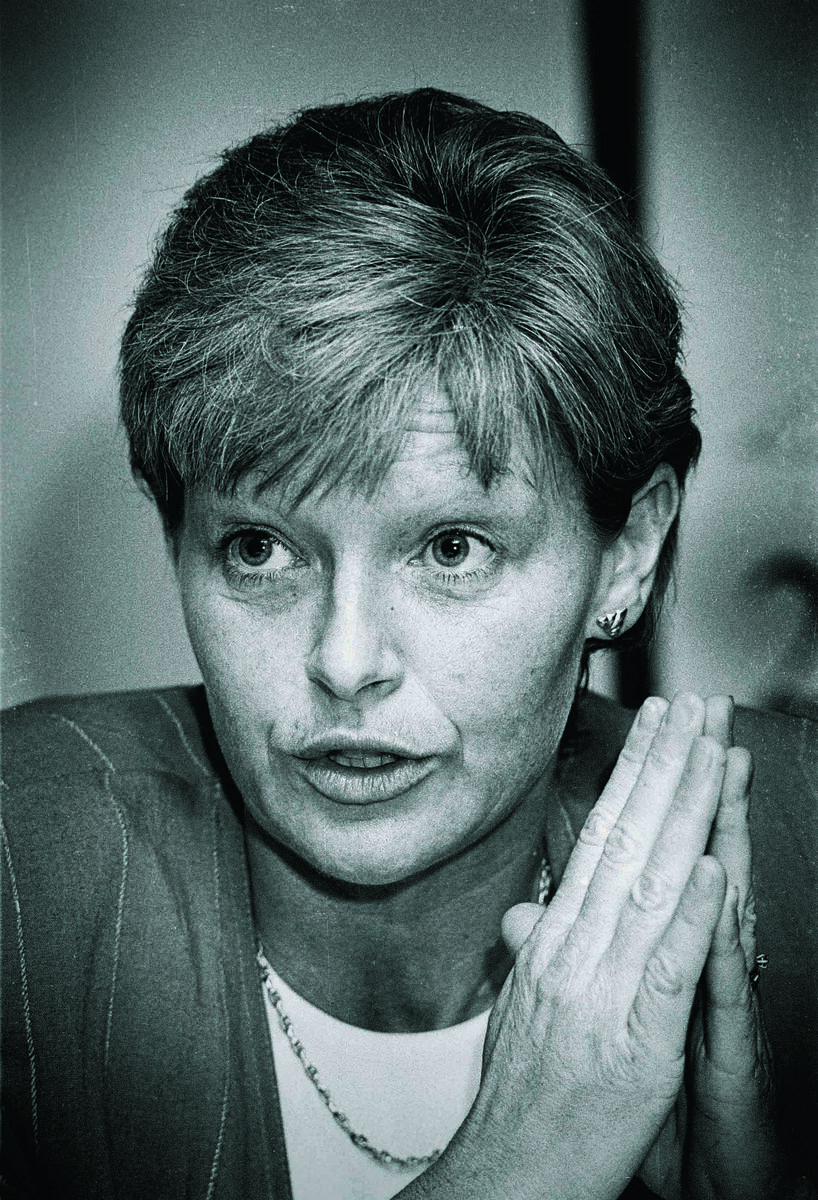Colin Sheridan: What stops journalists from speaking up about fellow professionals being targeted

Al Jazeera journalist Wael al-Dahdouh attends the funeral of his son, Palestinian journalist Hamza al-Dahdouh, after Hamza was killed in an Israeli strike in Rafah in the southern Gaza Strip on January 7, 2024. File picture: REUTERS/Ibraheem Abu Mustafa


This is despite journalism being one of those professions that prides itself on impartiality, objectivity, and, yes, universal solidarity. Which is nothing short of shameful.
Canvas most journalists, from the court reporter to the news anchor, and they’ll tell you they entered the profession because of some devotion to truth-telling, a higher calling, and a vocation that carries an almost sacred code of honour that unites us all — regardless of language, geography or discipline.
Yes, our comfortable remove is a factor — but it’s not an excuse. Our own history is littered with examples of journalists targeted for doing their job. Veronica Guerin and Lyra McKee both lost their lives for it.

The National Union of Journalists condemned the “vile online abuse” directed at a reporter by the far-right last month, while Taoiseach Simon Harris said of the same incident he was “horrified to hear of threats to a journalist covering criminal incidents and doing their job”.
Mr Harris added that a “free media and reporting is a pillar of democracy, and seeking to subvert it through vile intimidation is an affront”, as he expressed “solidarity with the journalist impacted”. Ah, yes. Solidarity.






